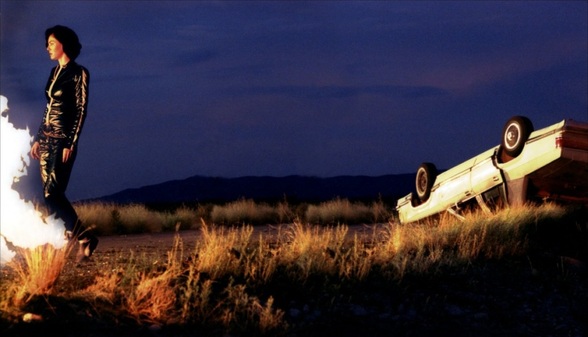 A large french corporation is the middle of very important negotiations with a Japanese manga company specializing in 3D pornography. After the woman in charge of the negotiations unexpectedly falls ill, Diane is entrusted with the very important negotiations by Victor, the CEO. What Victor doesn't realize is Diane is actually an executive from a rival company, intent on doing whatever it takes to make sure they don't come to an agreement with the Japanese firm. Olivier Assayas' Demonlover is a tense corporate espionage thriller full of twists and turns that reaches for the stars in its provocative commentary on the decay contemporary society has had on our morality. Assayas has created a film where nearly every character is not who they appear to be, where exposing their true selves is viewed as a sign of weakness. Demonlover suggests we live in a world where humanity is enslaved by the corporations they work for, doing whatever is necessary to ensure their survival. An attack on corporate culture as a whole, Assayas turns his observant eye on the effects of globalism and e-commerce have had on morality. Full of mystery and suspense, Assayas' visual style for the film is cold yet intoxicating, capturing the lives of its main characters. While Demonlover could have been a little tighter from a narrative perspective it's a highly intelligent piece of filmmaking that takes a look at the current state of capitalism and corporate culture.
0 Comments
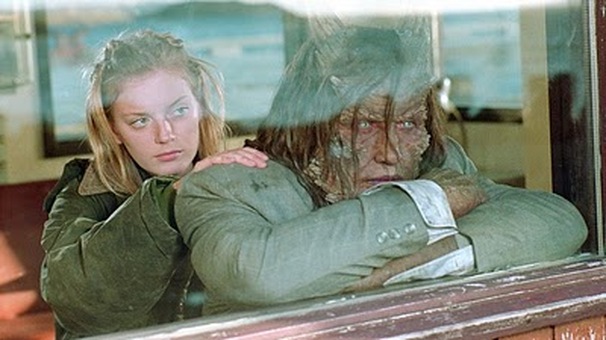 After a television station's camera crew goes missing in Iceland, Beatrice, a young and naive reporter, is sent to the remote area to investigate. On her arrival, she learns that a monster is to blame for the death of the TV crew, but when she comes face-to-face with the beast she discovers a depressed and suicidal creature who wants nothing more than death. Beatrice tries her best to help the monster, but unfortunately she delivers him straight to the media. If there is one thing that both lovers and haters of Hal Hartley can agree on its the fact that all of his films are unique cinematic experiences. No Such Thing may be his most thematically ambitious film, being a scathing commentary on the sensationalism of modern media that has created a society built around voyeurism and the need for instant gratification. The film establishes an incredibly hostile world where humanity is constantly on edge, waiting for the next terrorist attack, economic collapse, or random act of violence. Nearly every human character in this film is a self-serving individual from Beatrice's boss, to the secluded Icelandic villagers who slyly offer Beatrice as a sacrifice to the monster in an effort to save their own skin. No Such Thing is an angry film about what our society has become and while it raises some interesting points, it never quite develops into anything that couldn't have been said in the short film format. It's a weird step in Hartley's career, being a much bigger film in scope, that unfortunately lacks many of the small, quirky moments that made Hartley a great iconoclast filmmaker. Hal Hartley's No Such Thing is certainly a lesser effort in the director's career but its unique story and well-written dialogue make it worth watching, even if its message is a little overwrought. 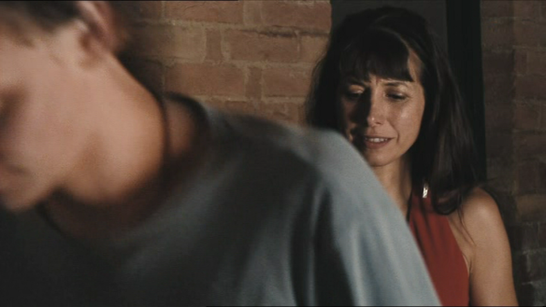 Going through a rough patch in her marriage, forty-something year-old Anna needs a change in her life. In an effort to get away, Anna decides to spend a summer holiday with her friends Verena and George at their Tuscan villa. On her arrival at their home, Anna finds herself gravitating towards the couple's teenage children and specifically their cousin Oakley, who Anna forms an instant bond with. When the teenagers accidentally damage a car the family borrowed, Anna finds herself stuck in-between the young and old members of the family, leading her to come to terms with her own life. Joanna Hogg's Unrelated is a quiet character study of a woman dealing with personal strife. For much of the film Hogg keeps the viewer in the dark to what exactly troubles our main protagonist, keeping an observant eye focused on her as she interacts with this family unit. Even though Unrelated is Hogg's first feature, her impressive staging of sequences is very prevalent throughout the film, visually expressing its characters in a way that could only be described as clinical in approach. Sprinkled throughout the narrative are scenes with Anna on the phone with her husband, as they slowly try to articulate their feelings. Joanna Hogg shoots these scenes almost entirely in wide-shots, creating a sense of loneliness in Anna who only has the sparse Italian countryside to keep her company. Unrelated slowly and methodically reveals the troubles which exist in this family unit, as they slowly bubble to the surface throughout the film's running time. Through Anna's eyes we understand that even a seemingly perfect situation is often far from it, and with Anna seeing her own friend's family struggles she begins to appreciate her own life, and what she has in her husband Alex. 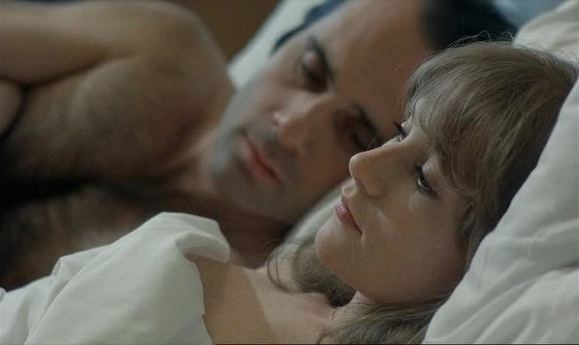 Nelly, a middle-class Parisian housewife, is married to a successful businessman, Andre, who is a possessive husband. The two share a strong relationship but their marriage lacks overall passion. Enter, Loulou, a lower-class barfly, who seduces Nelly with his unorthodox behavior, starting a steamy affair that leads to Nelly leaving Andre. Loulou doesn't have a job, living off of Nelly's money, while Andre still attempts to convince her to come home. Maurice Pialat's Loulou is a fascinating study of the power of lust and passion, capturing how easily it can topple societies self-created barriers like class, and other social conventions. This is a film that isn't really interested in plot but rather the examination of this powerful force, with Nelly stuck in-between her carnal desires and her middle-class bourgeois mindset. The men of the film each represent one extreme, with Loulou being a passionate, unstructured lower-class man, while Andre is structured, practical member of the middle-class. Nelly is a woman who succumbs to her passion, leaving all practicality by the way-side, until she becomes pregnant, forcing her to face the future in a more practical way. Maurice Pialat's Loulou has an impressive frankness about sex, creating a unique and compelling portrait of class, social conventions, and the difference between lust and love. 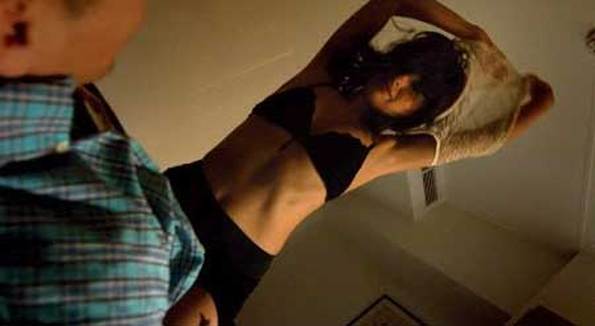 Clif and David are two best friends who set out on the trip of a lifetime, a 360-day expedition around the world. Documenting their journey every step of the way, the two best friends see their dream vacation turn into a nighmare after a chance encounter with a woman in Paris leaves Derek afflicted by some mysterious force. The latest entry in the ever-increasing found-footage subgenre, Afflicted is a creative, suspenseful action horror film that uses its found-footage concept to its advantage. Afflicted takes the time to let the audience know its two main characters, establishing the type of guys they are, as we spend time with them on their adventures. This may seem like a basic storytelling concept but for a film like this, it really pays off when things begin to get much darker and horrific. This is a film about a man who is slowly going through a horrorfying transformation, and because of the audience is given the time to get to know him, they care for him when things begun to turn for the worst. Afflicted is a tense, fast-paced experience but the empathy the audience feels for its protagonist is what makes it better than a lot of similar films in the genre. Like many found-footage films, one must suspend a little disbelief when it comes to the characters willingness to photograph everything no matter what, but Afflicted does a good job making it slighly more credibly, while delivering a compelling and relatively unique narrative. Perhaps the most impressive attribute of Afflicted is its budget-to-quality ratio, with the film looking very impressive and consisting of heart-pounding action sequences that are truly intense given the films low-budget. In the end, Afflicted is not a game-changer by any means, but it's a well-executed simple concept that provides a unique enough spin on vampire lore. 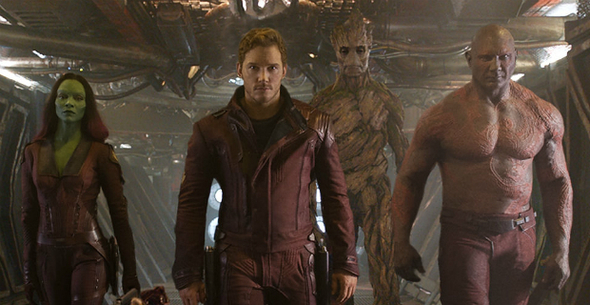 James Gunn's Guardians of the Galaxy is the latest entry in the ever-expanding Marvel cinematic universe. It follows Peter Quill, a brash salvage-hunter of sorts, who goes from planet to planet collecting items he can sell for profit. After successfully stealing a mysterious orb from the far reaches of space, Quill soon finds himself the main target of a manhunt lead by Ronan the Accuser, a powerful villainous figure who threatens the universe. In an effort to combat such a powerful threat, Quill forms a shaky truce with Rocket, a gun-toting raccoon, Groot, a tree-creature, the deadly assassin Gamora, and the vengeance-driven Drax. Guardians of the Galaxy is an incredibly enjoyable, fast-moving film that manages to never take itself too seriously in delivering one of the better films of the summer. The film's storyline is bonkers and James Gunn and company embraced this concept, creating a space opera type adventure. In a day and age where a lot of blockbusters feel pieced together by action set-pieces, Guardians takes the audience on an adventure of spectacle that conjures nostalgia due to this sense-of-wonder approach. This is a film that sacrifices character development for the sake of pacing and tone, and while these characters are not nearly as explored as one would hope, they are a lot of fun. Most of the moments aiming for emotional poignancy fall flat, and the romantic love story lacks chemistry, but Guardians of the Galaxy is a fresh, original adventure that is unquestionably fun. 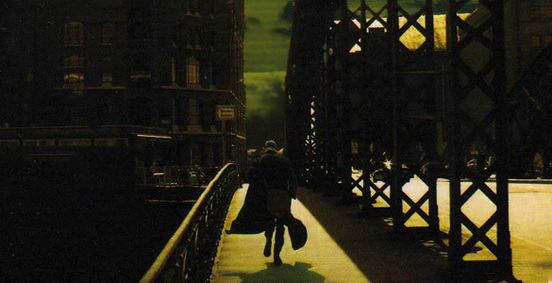 Issa Karpov, a Chechen immigrant, arrives in Hamburg attempting to claim his father's fortune. A prominent member in the terrorist community, Issa's father has amassed a small fortune, which leads both German and US security agencies to monitor the situation. Little is known about Issa's intentions, is he an oppressed victim with a tainted past? or an extremist looking to follow in his father's footsteps? The most recent John le Carre adaption, Anton Corbijn's A Most Wanted Man is an intricate look into the contemporary spy world, capturing the politics, tension, and intrigue that encapsulates the profession. At the center of this film is Gunther, a German intelligence officer, who desperately attempts to control the situation with American officials breathing down his neck. A Most Wanted Man is a well crafted film but it doesn't really bring anything new to the table, being a rather ho-hum effort outside of another impressive performance by Philip Seymour Hoffman. This is a film that attempts to capture the psyche of a spy, the moral ambiguity that takes place for the sake of the greater good, but Corbijn's film lacks the visual storytelling necessary to raise the tension and intrigue of the story. Take Tomas Alfredson's Tinker, Tailor, Soldier Spy for example, an intricately detailed film that provides a much more pensive look into the lives of men in this dodgy profession of double-crosses and intrigue. Anton Corbijn's A Most Wanted Man is a solid film on all accounts but it never becomes anything truly memorable, touching on lots of the same issues tackled in other John le Carre adaptions. 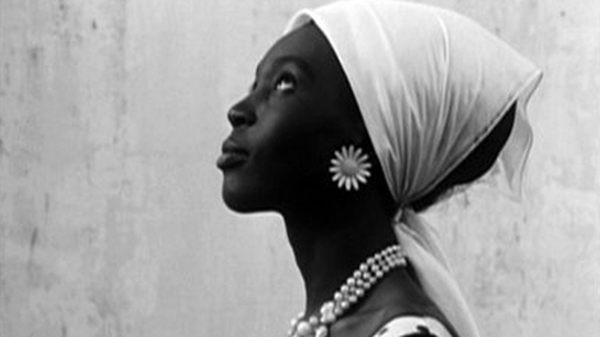 Diouanne, a young Senegalese woman, works as a governess for a French family in the city of Dakar. Wanting to see different parts of the world, most notably France, Diouanne accompanies the family as they travel to the Riviera, working as their nanny. Dioanne's excitement to see the world quickly dissipates as her nanny duties are replaced by the indignities of a maid, forced to deal with the drudgery of cooking and cleaning for the members of the household. Ousmane Sembene's Black Girl is regarded as one of the most important films in African Cinema History, a seething commentary on racial identity which ventures into Shakespearean levels of tragedy. Diounne is a character whose hopes and dreams are dashed by this racial identity, leading her to feel imprisoned in the home of her employers, where confrontations are becoming more and more common with her mistress. Diouanne is basically partaking in domestic slavery, finding herself caught in-between the upper-class of French Society and the post-colonial West Africa, who have somewhat alienated her because of her desire to leave Senegal. Sembene's direction is acute and focused, capturing a woman torn between two worlds for no other reason than the color of her skin. Ousmane Sembene's Black Girl shares a similar visual style to French Cinema, being a powerful film about cultural prejudice. |
AuthorLove of all things cinema brought me here. Archives
June 2023
|
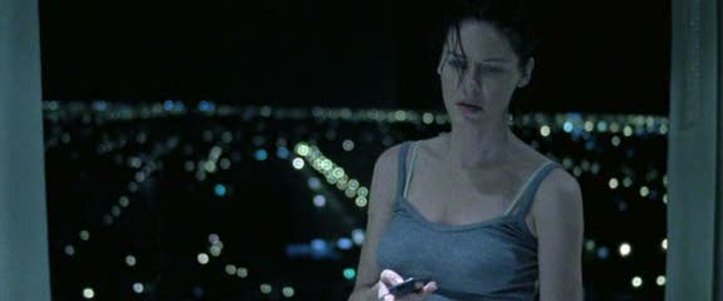

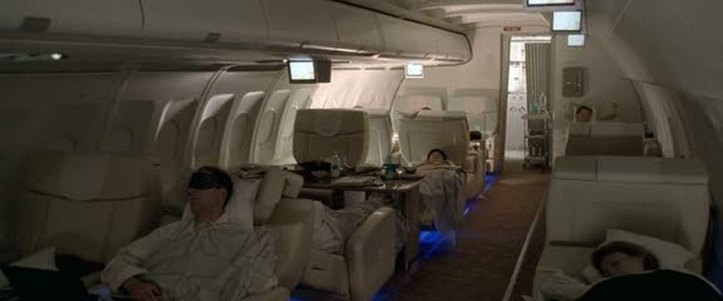
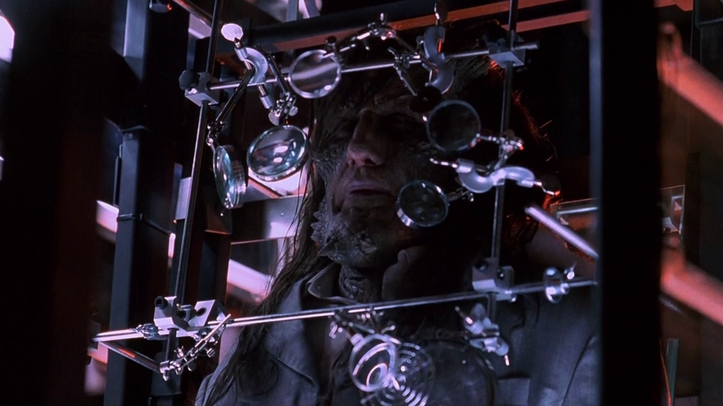
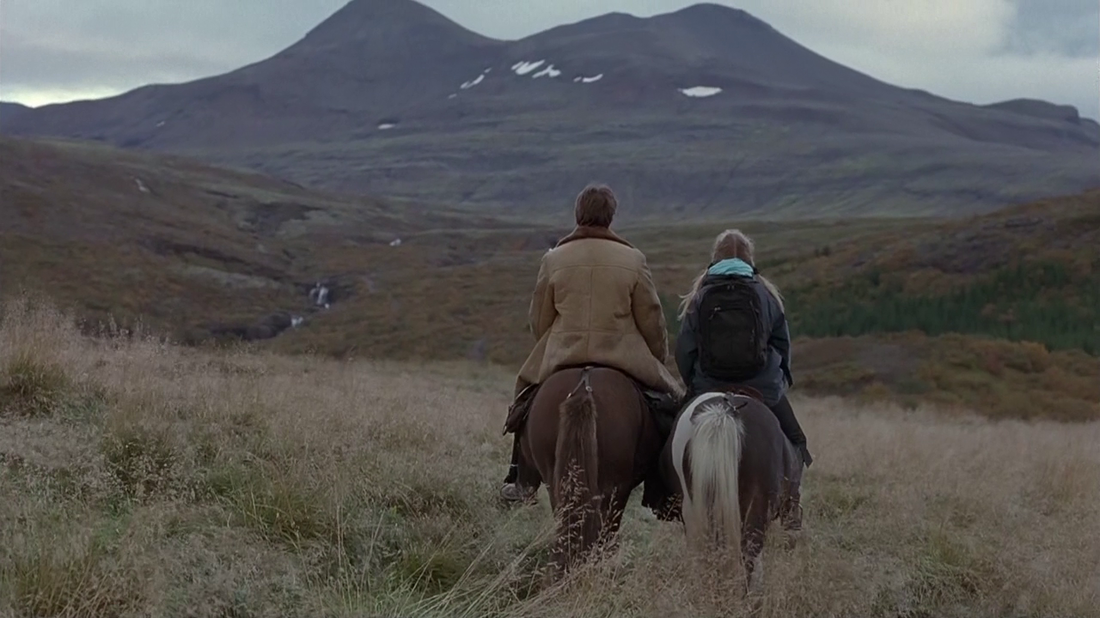
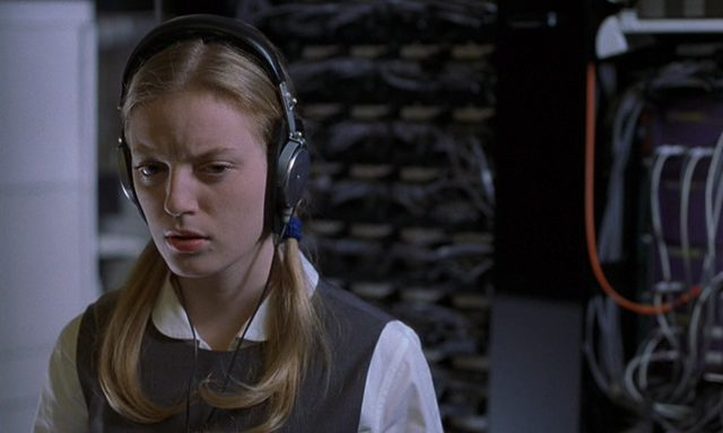
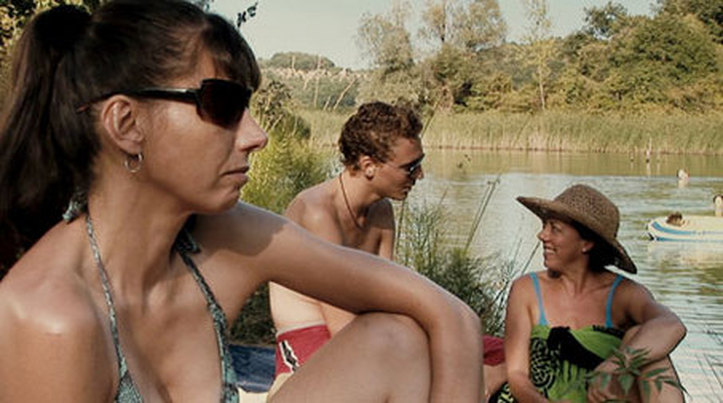
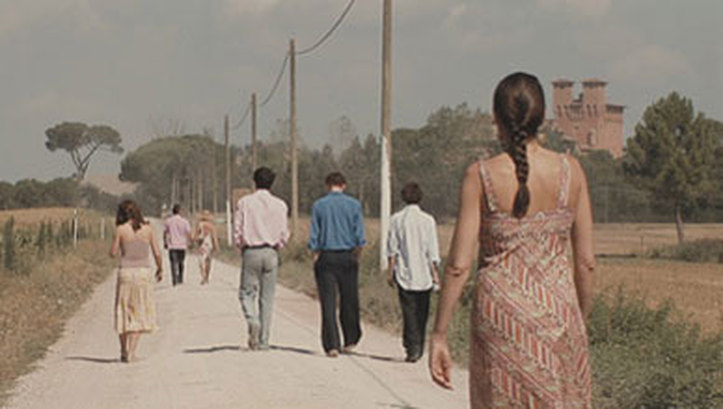
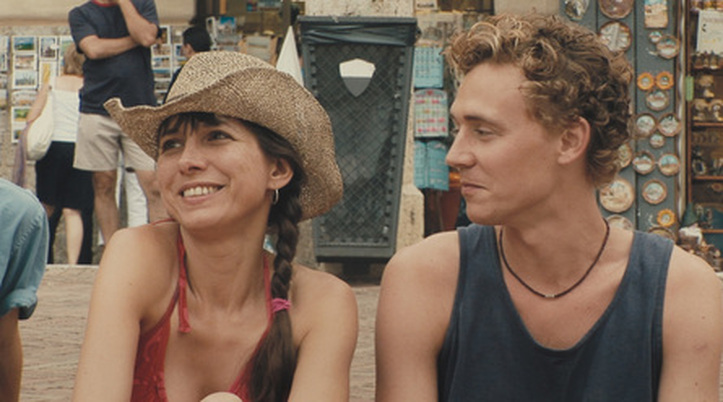
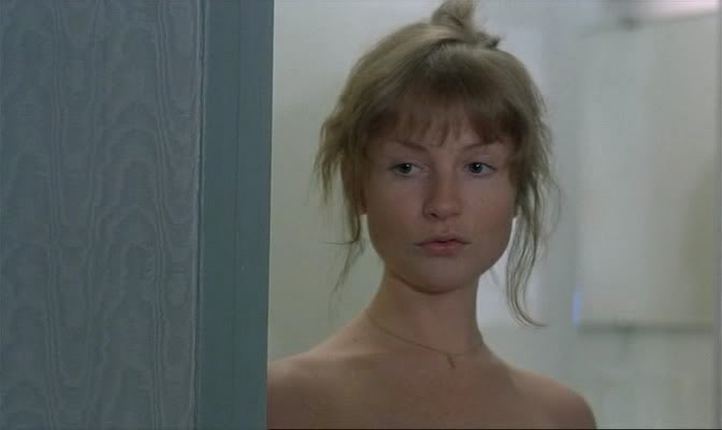
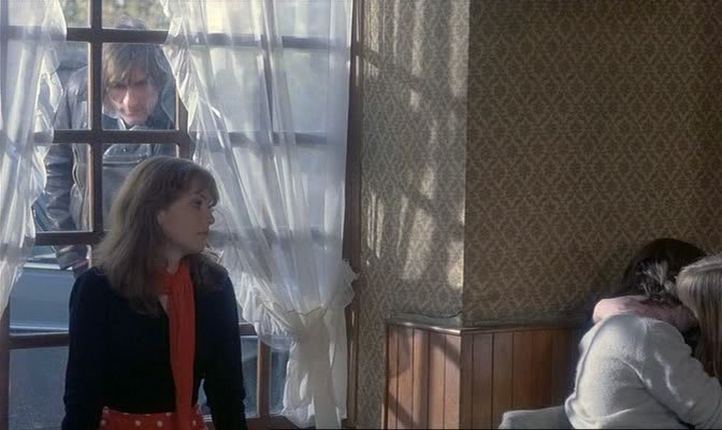
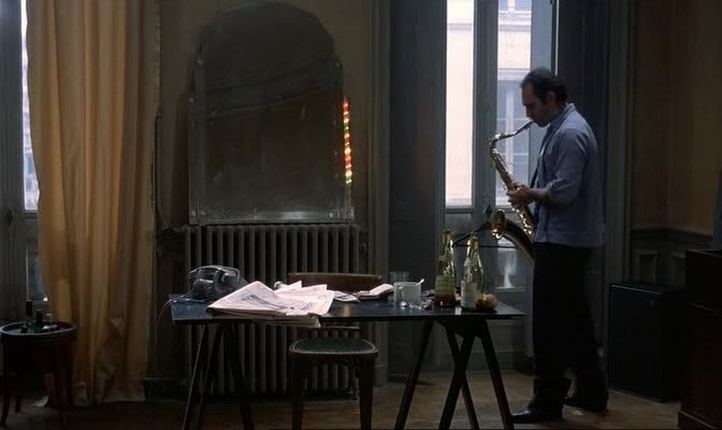




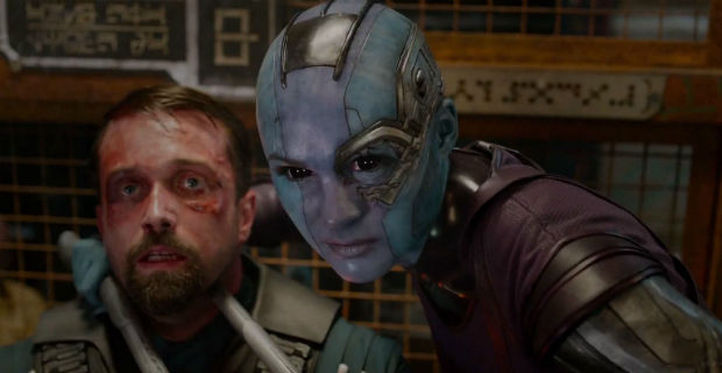

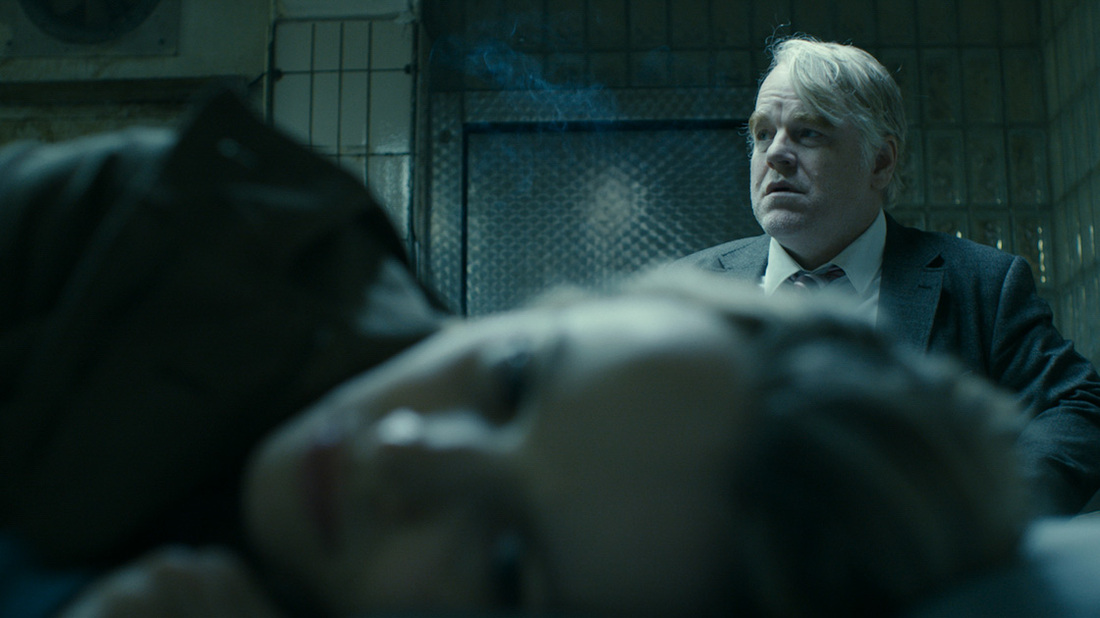
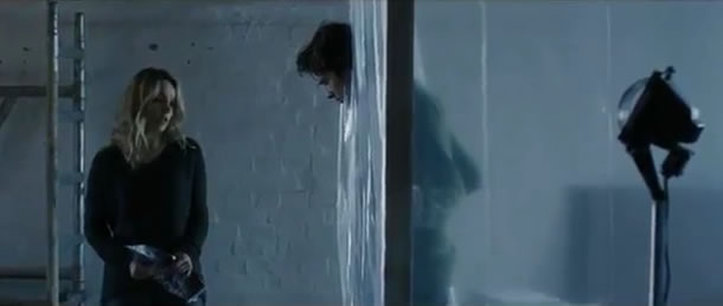
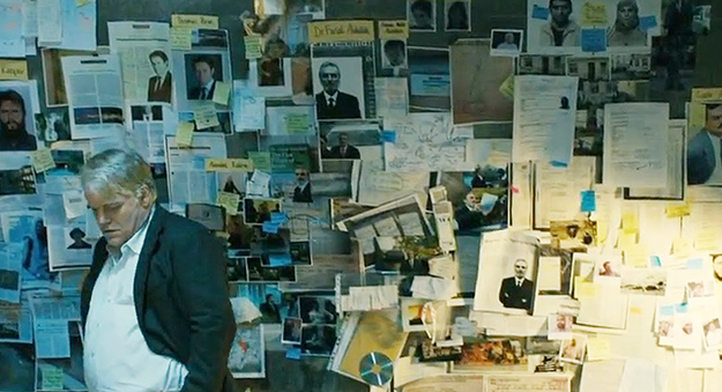
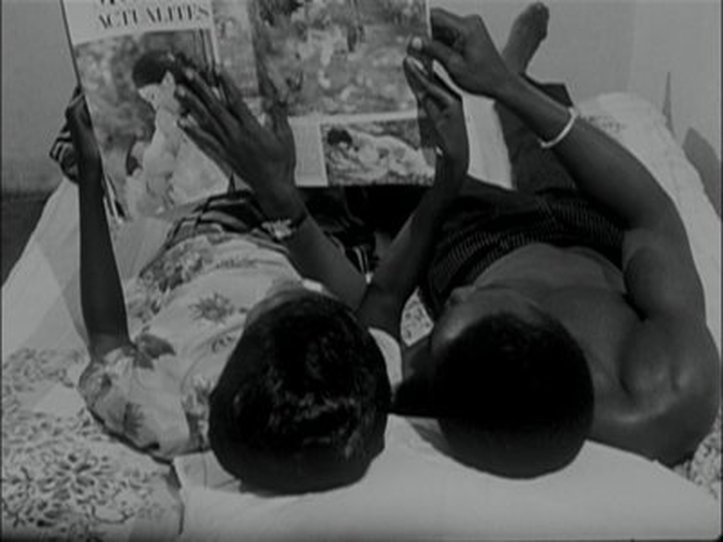
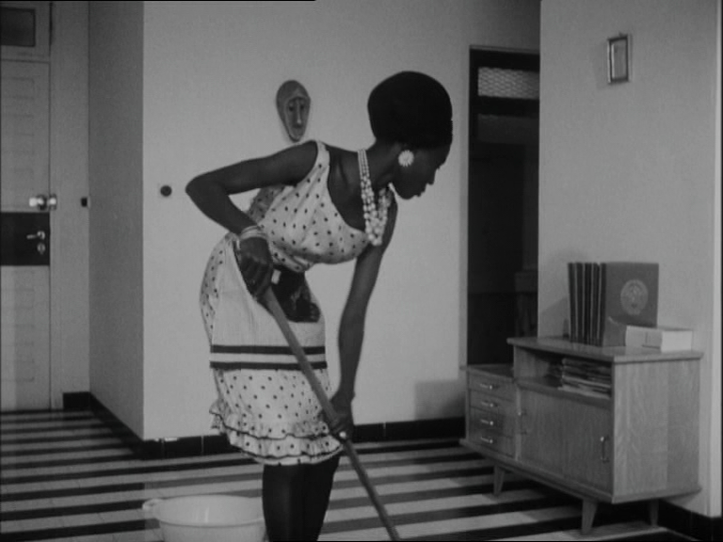
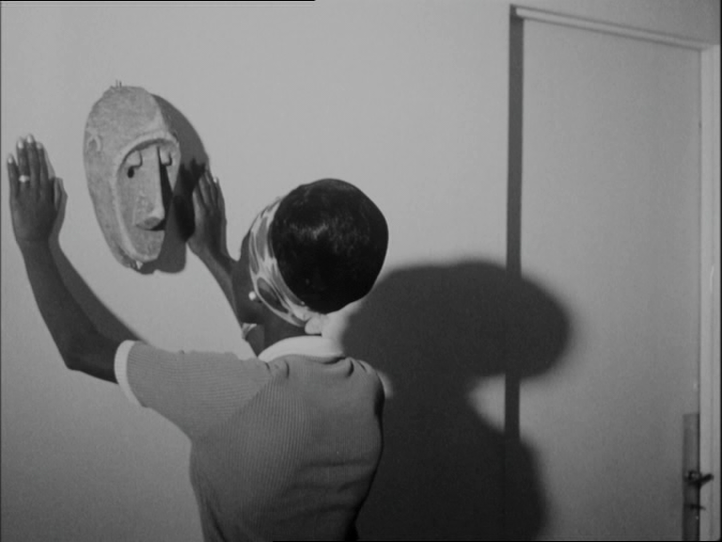
 RSS Feed
RSS Feed
